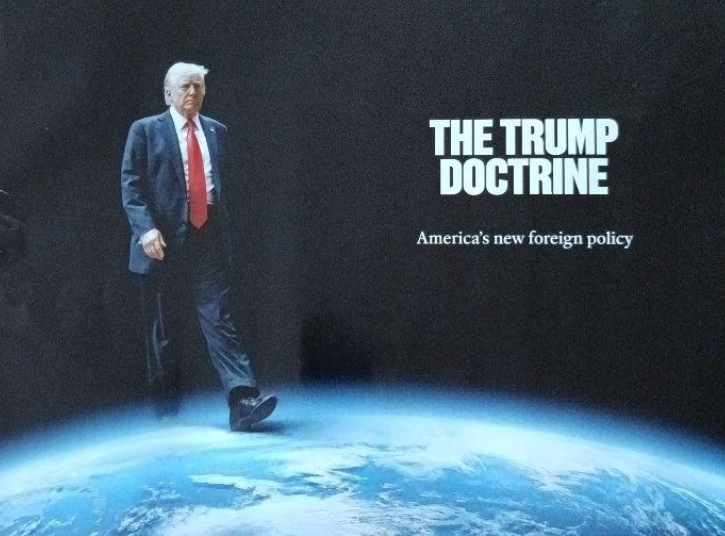
Melanie W. Sisson, Senior Fellow in the Foreign Policy Program, Brookings Institution
Jul 18, 2025
US Vice President J.D. Vance recently tried to cast President Donald Trump’s strikes on Iran’s nuclear infrastructure as a wildly successful example of the “Trump Doctrine.” According to Vance, the doctrine is simple: you identify a problem that threatens US interests, which “you try to aggressively diplomatically solve.” If diplomacy fails, “you use overwhelming military power to solve it and then you get the hell out of there before it ever becomes a protracted conflict.”
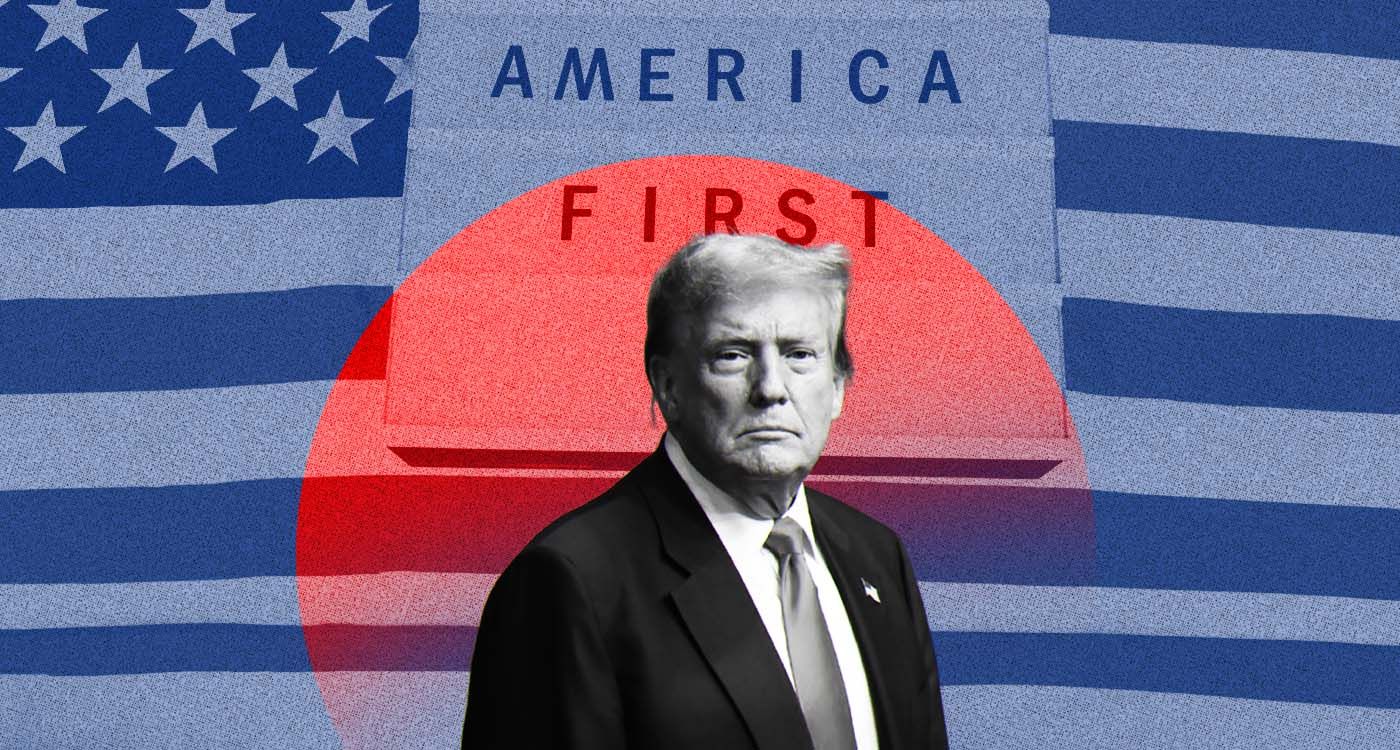
Zhang Wenzong, Associate Research Fellow, CICIR
Jul 18, 2025
China-U.S. competition is fueled by overall national strength. In addition to growing its own hard and soft power, it should pay attention to the evolving politics in the United States, as well as the changes in attitude by U.S. allies, and work to create a united front around the world.

Ma Xue, Associate Fellow, Institute of American Studies, China Institutes of Contemporary International Relations
Jul 11, 2025
Washington is now piling up debt even in the absence of an emergency. In the long run, this sort of quick fix, where the cure is worse than the disease, will only worsen America’s economic fragility and add to uncertainty.
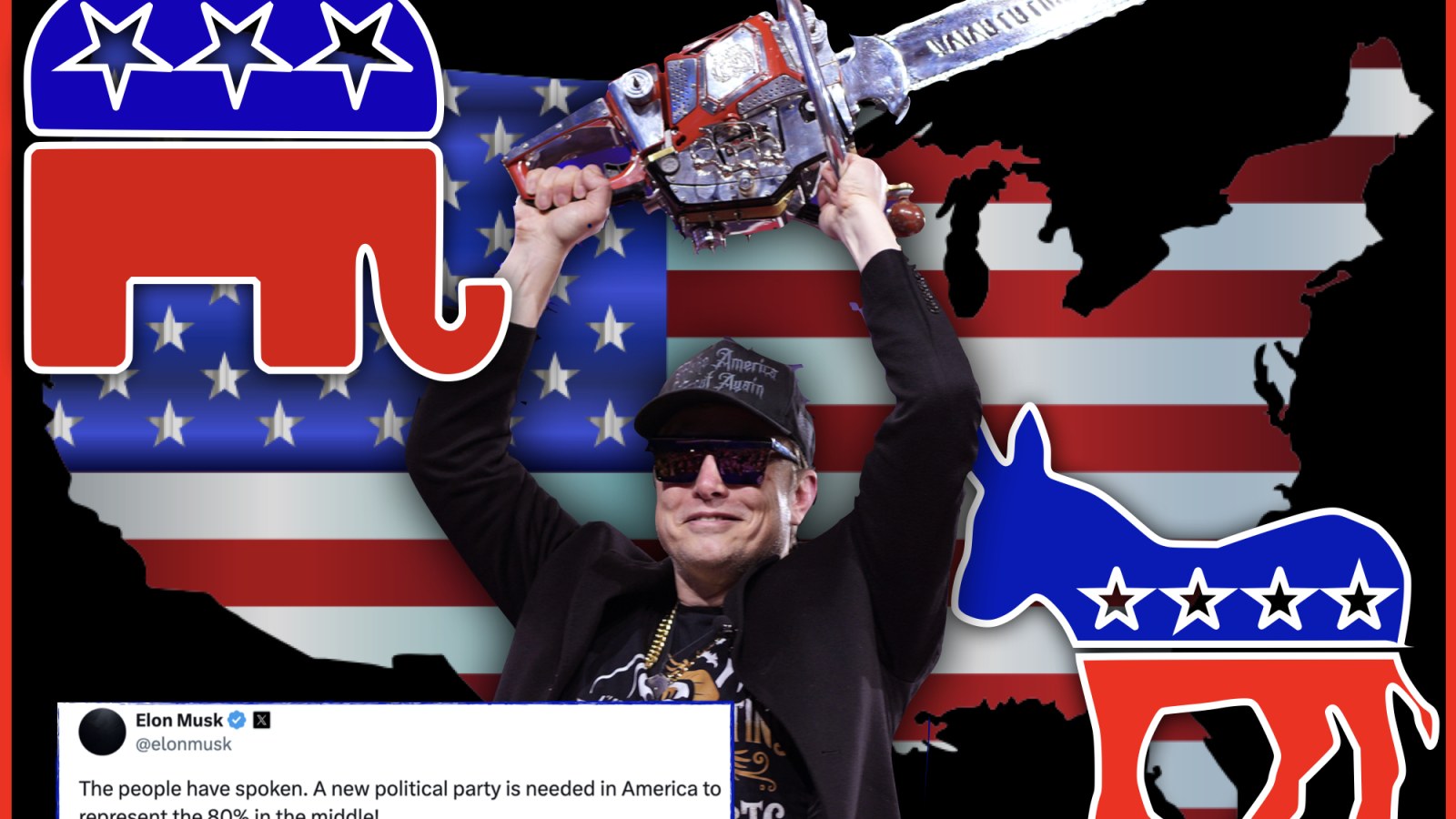
Mallie Prytherch, Researcher at Centre on Contemporary China and the World, University of Hong Kong
Jul 11, 2025
After a public split with Donald Trump over the “Big Beautiful Bill,” Elon Musk launched the America Party in an effort to challenge the U.S. two-party system. While his shifting stance on China adds strategic ambiguity, the party serves as a stress test for American democracy in an era of polarization and gridlock.
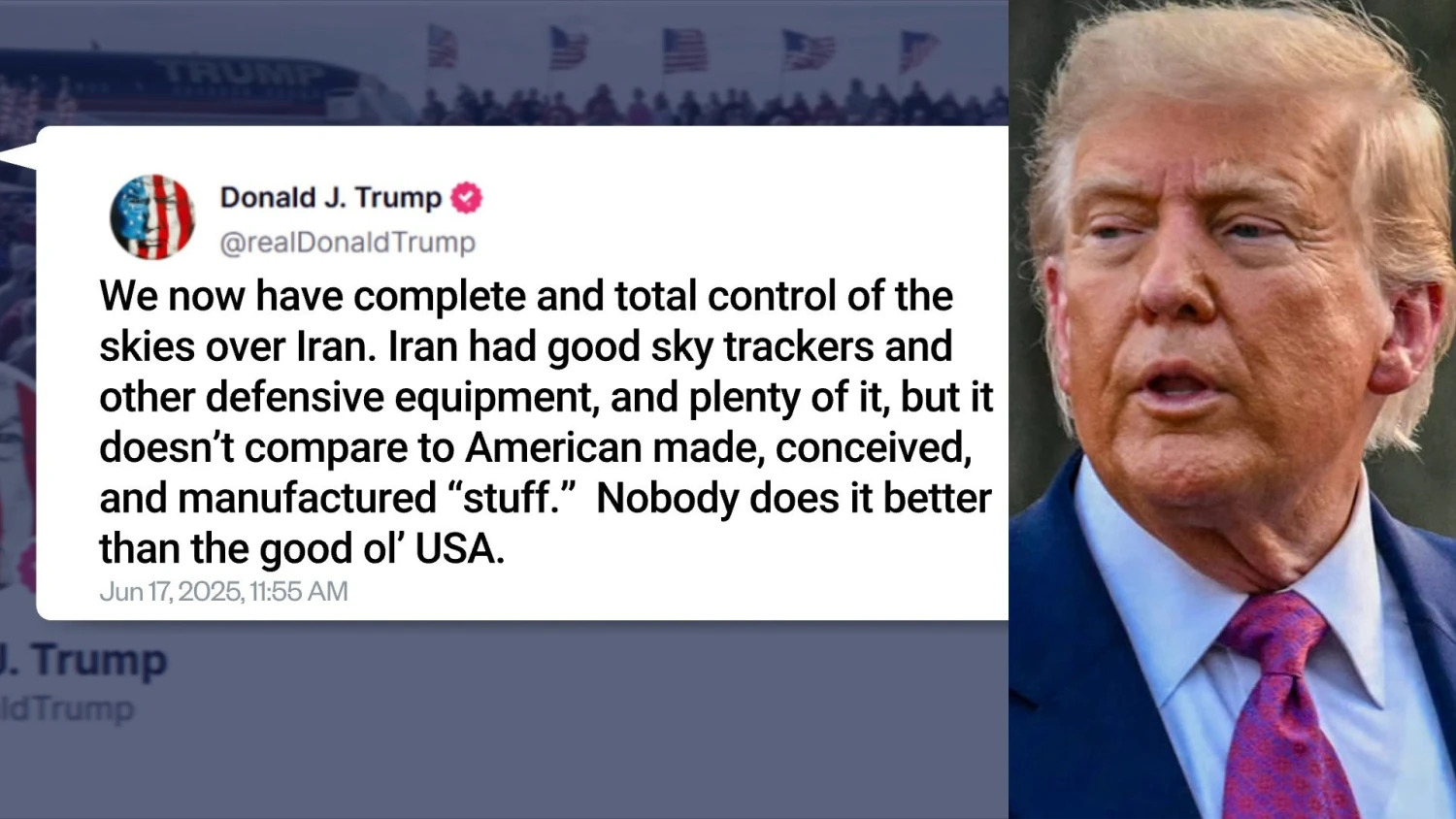
He Wenping, Senior Research Fellow, Charhar Institute and West Asia and Africa Studies Institute of the China Academy of Social Sciences
Jul 04, 2025
Was the so-called 12-day war a triple victory or a triple defeat? Will Americans tolerate a policy of “Israel first” over “America first”? The answers to these and other key questions will determine whether, and how deeply, the United States could be drawn into the fray again.
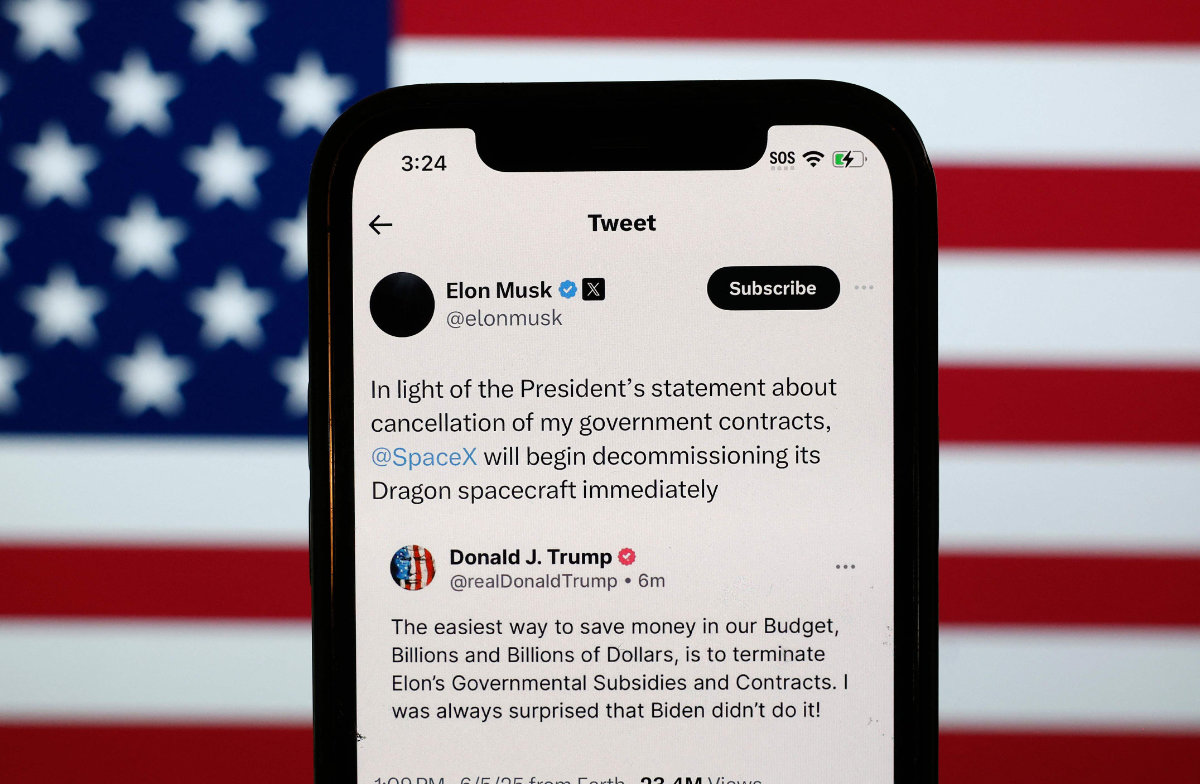
Li Zheng, Assistant Research Processor, China Institutes of Contemporary International Relations
Jul 04, 2025
The honeymoon between Elon Musk and U.S. President Donald Trump ended with a war of words on social media. In his six months in the White House, Musk came to see big differences between his own political philosophy and that of die-hard Trump fans.
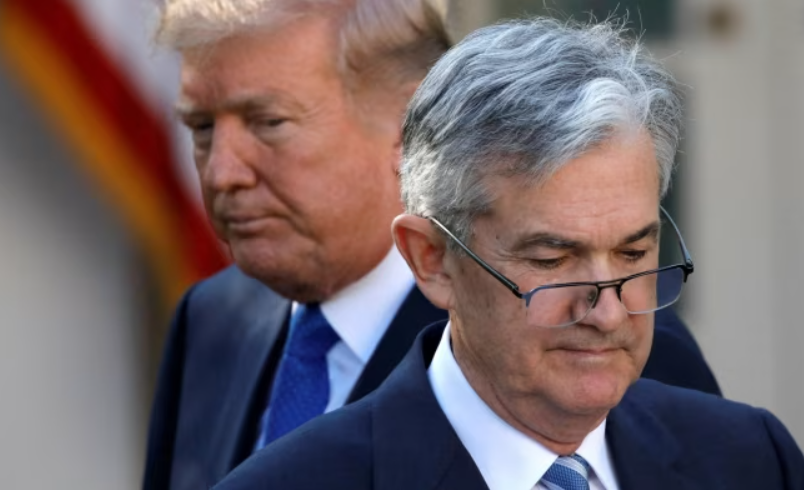
Yu Xiang, Senior Fellow, China Construction Bank Research Institute
May 30, 2025
Wall Street’s turmoil is both a crisis and an opportunity. Those who adapt by diversifying into non-dollar assets or betting on emerging markets as wealth and power are redefined could come out ahead.
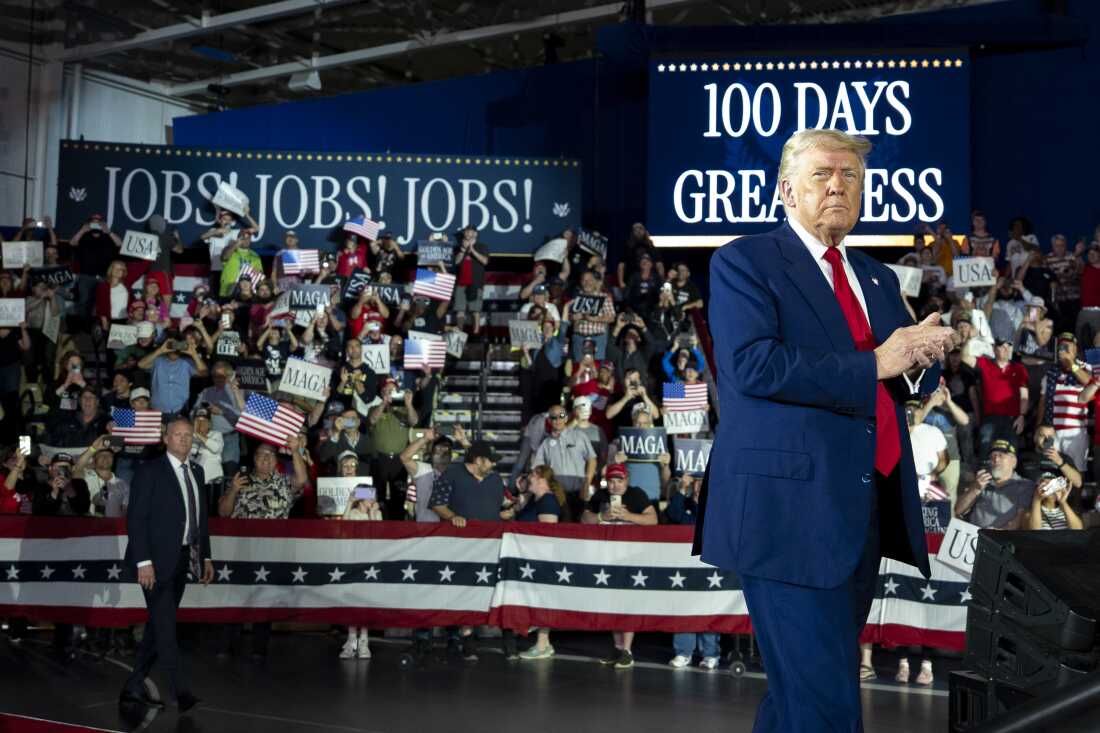
Li Yan, Director of President's Office, China Institutes of Contemporary International Relations
May 09, 2025
The extreme radicalism of the U.S. president’s thinking, coupled with the chaotic nature of his policies and their implementation, has significantly accelerated fragmentation and may even precipitate the collapse of the global governance structure.
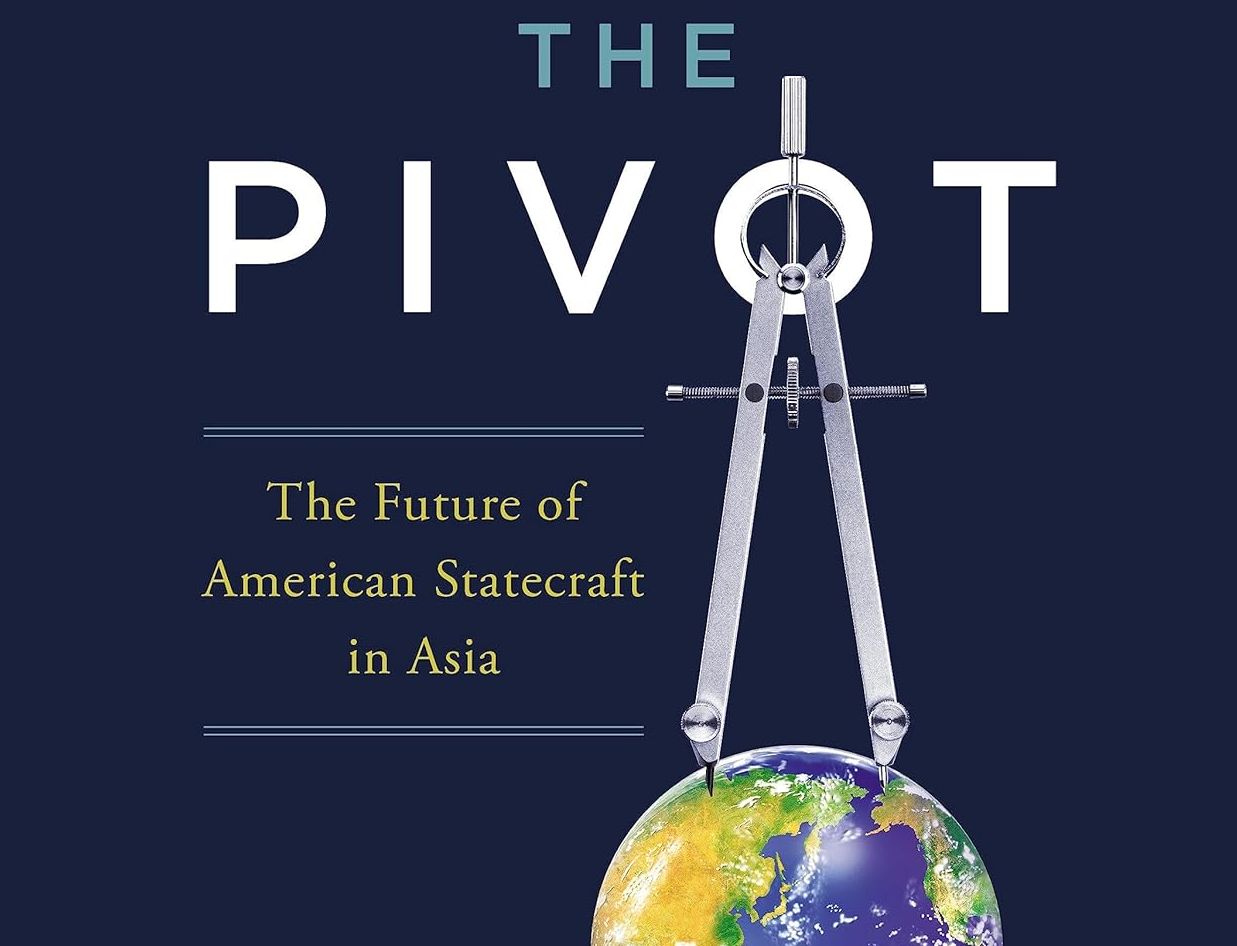
Zhang Gaosheng, Researcher at Department of World Peace and Security, China Institute of International Studies
May 07, 2025
Since his return to the White House, Donald Trump has attempted to reduce the U.S. focus on Europe in order to shift resources to the Indo-Pacific. But geopolitical rivalry can neither resolve America’s own problems nor the challenges facing the world.
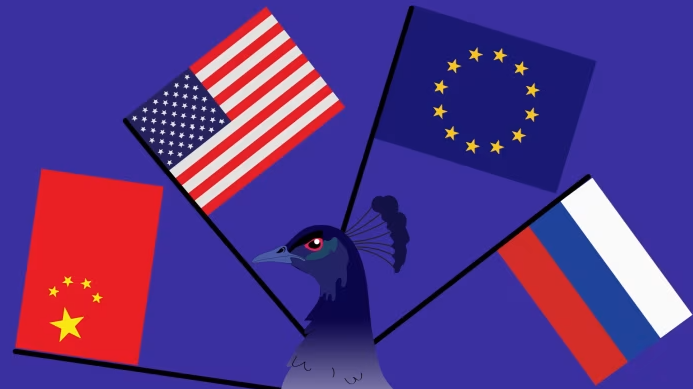
Brian Wong, Assistant Professor in Philosophy and Fellow at Centre on Contemporary China and the World, HKU and Rhodes Scholar
Apr 22, 2025
The early decades of the 21st Century have already seen a rapid shifting of global power, and today one could view the world’s relationships flowing through a four-way struggle for balance and dominance between the U.S., China, the EU, and Russia.
Back to Top

- China-US Focus builds trust and understanding between the U.S. and China through open dialogue among thought leaders.
- Our Offerings
- Topics
- Videos
- Podcasts
- Columnists
- Research Reports
- Focus Digest
- Stay Connected
-
Thanks for signing up!
- Get the latest stories from China-US Focus weekly.